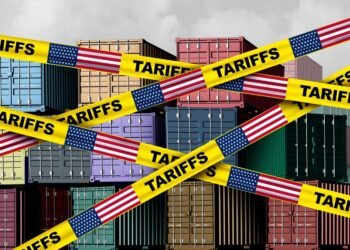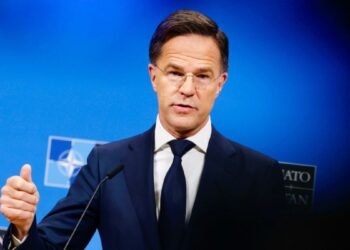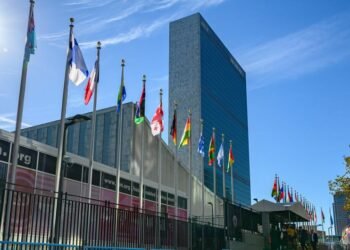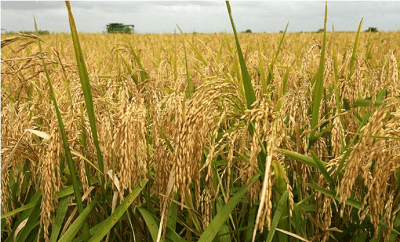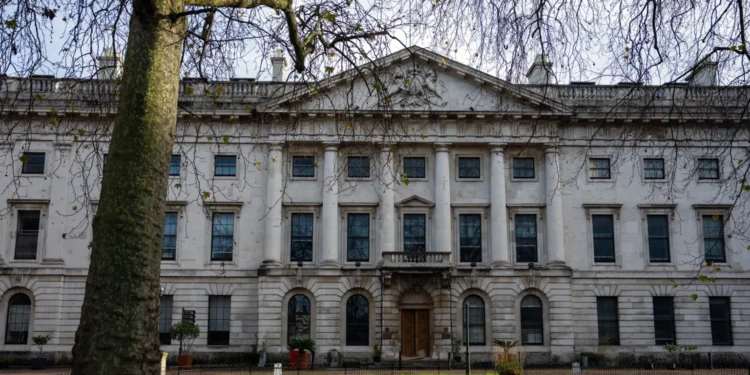Alexander Vucic, the President of Serbia has called out Kosovo for engaging in “silent ethnic cleansing” of Serbs in northern Kosovo. Vucic averred that, he demands a meeting with Jens Stoltenberg, the NATO Chief, and an immediate session on the United Nation’s Security Council to pursue Belgrade’s interest.
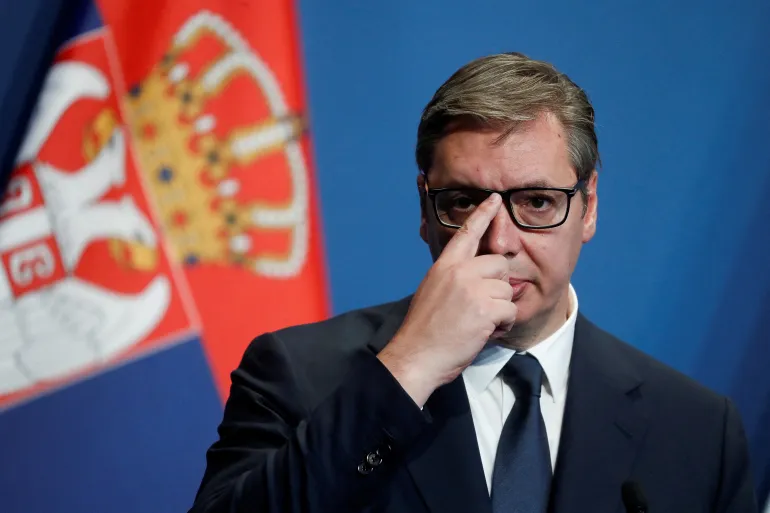
“Things are out of control. Serbian people have been cornered,” Aleksandar Vucic said. Vucic requested the meeting with the NATO Chief, and after that proceeds to UNSC. He forewarned that, if the two measures fail, Serbia may start doing unpleasant “activities” in retaliation against Pristina.
“We have no right to allow further pogrom, persecution or ethnic cleansing of our people,” Vucic said.
Following an breakout of tensions in Kosovo between the Serb majority residing in northern Kosovo and an administration that is dominated by ethnic Albanians, Serbia unexpectedly increased the combat preparedness of its armed forces and threatened a military involvement in an event of any escalation by Kosovo.
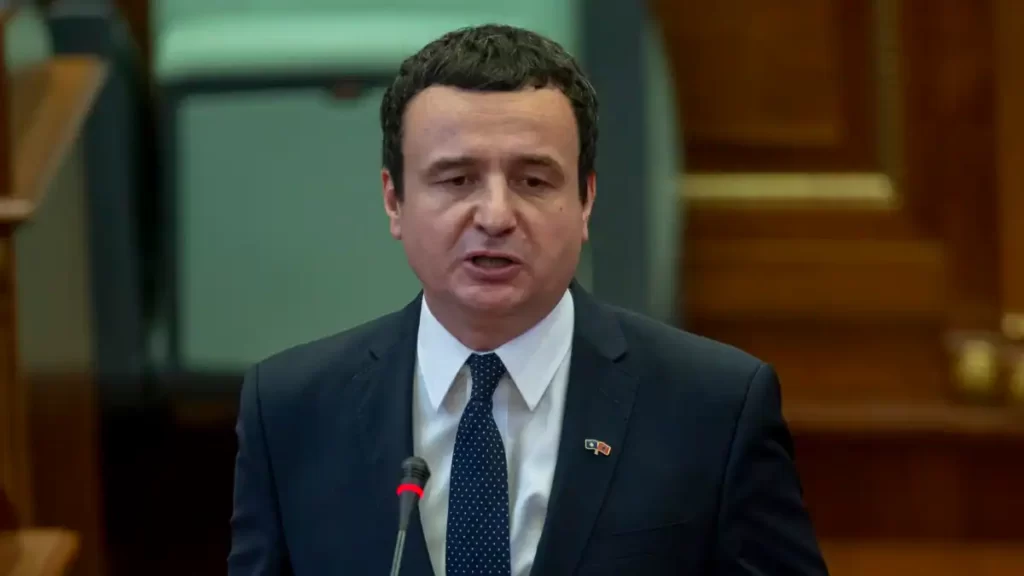
However, to support his allegations of “planned” and “well-organized” ethnic purification by Kosovo officials, Vucic pointed to recent detention of Serbs in Kosovo.
The most recent incident in Kosovo began after mayors of ethnic Albanian descent were elected in an April municipal elections, after the ethnic Serbs had boycotted the elections, in order to press for the implementation of the self-rule deal, brokered by the EU.
The May clashes between Kosovo Police and ethnic Serbs in northern Kosovo, prompted a NATO-led military intervention, resulting to numerous injuries sustained by both parties. The recent clashes casted a flashback to the 1998-1999 conflict that led to the death of over 10,000 people, mostly ethnic Albanians.
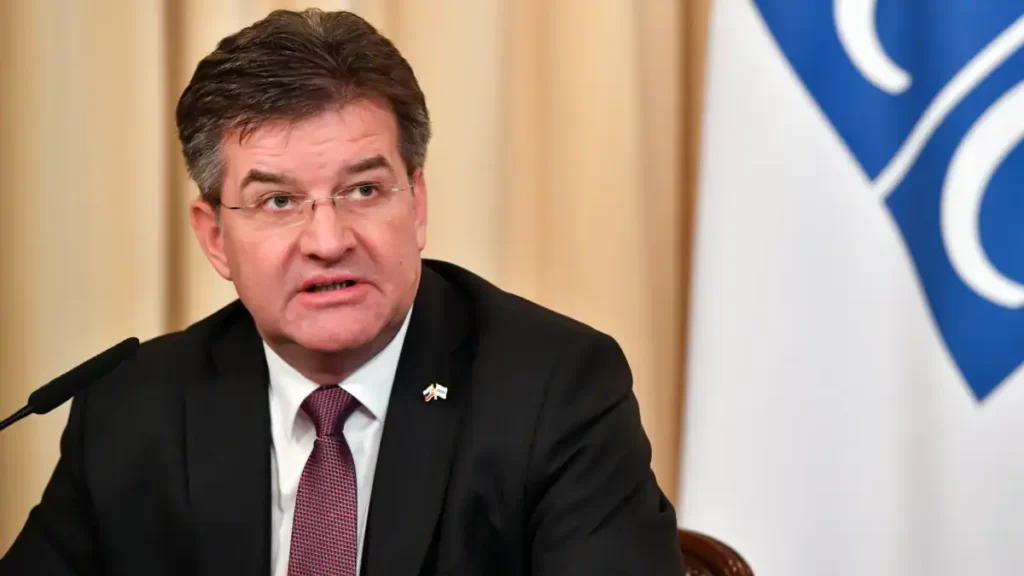
Vucic made these statements, after he met with the EU ambassador to Serbia, Miroslav Lajcak, who traveled to the two nations with the hopes of deflating the tensions and advance dialogue, facilitated by the EU to settle the conflict.
Moreover, the European Union has urged Pristina to conduct new elections in the northern Serb-majority Kosovo, to quench the tension in the area. The EU also divulged that, the major solution to the Serbia-Kosovo tensions, is dialogue and setting of diplomatic relations among the two nations.
Additionally this week, the Dutch and Luxembourgish prime ministers visited Serbia and Kosovo to call for a reduction in hostilities. As the battle in Ukraine persists, the west and international community fears additional instability in Europe.
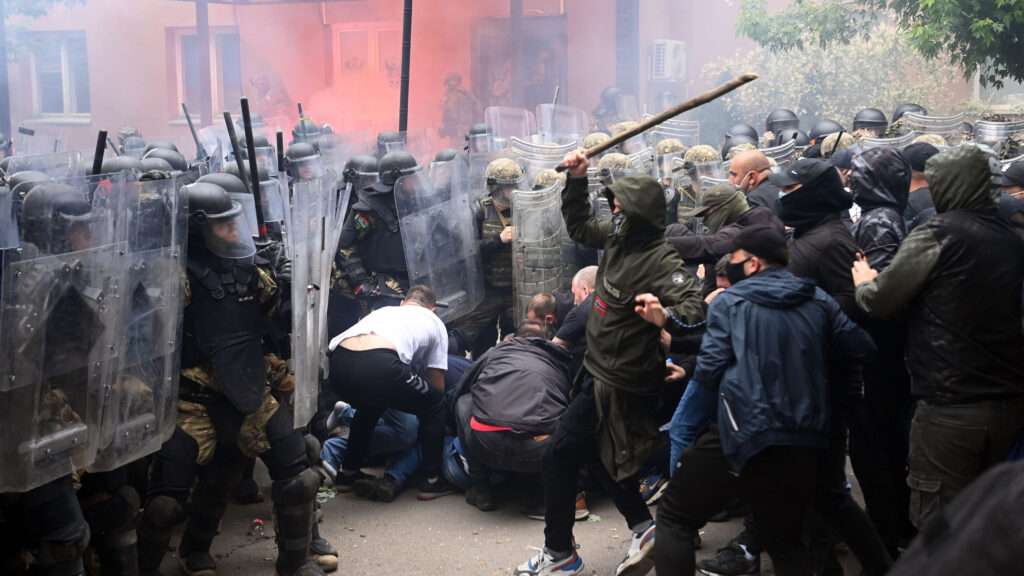
Months ago, leaders of the two countries gave their absolute approval to an EU brokered deal to halt the clashes, and pursue a long term diplomatic relations. This deal couldn’t hold waters as clashes between Serbia and Kosovo resumed, with the two sides pointing fingers at each other of provocation.
Vucic labelled the activities of the Pristina administration as “what I would call silent ethnic cleansing, where Serbs have no rights to live unless they are loyal to the regime of Kurti.”
“Serbia has done all it was asked to do, but there is no de-escalation because Kosovo’s government does not want it. Serbia is not preparing for war but it is ready to protect the lives of our people.”
Alexander Vucic, President of Serbia.
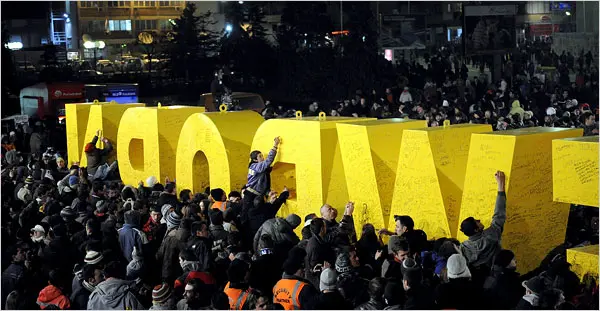
As a former region of Serbia, Kosovo declared its independence in 2008, which has culminated to series of clashes on the borders of the two nation. Serbia however, has vowed never to recognize Kosovo independence, along with Russia and China. The EU on the other hand, have given its recognitions to the sovereignty of Kosovo.




